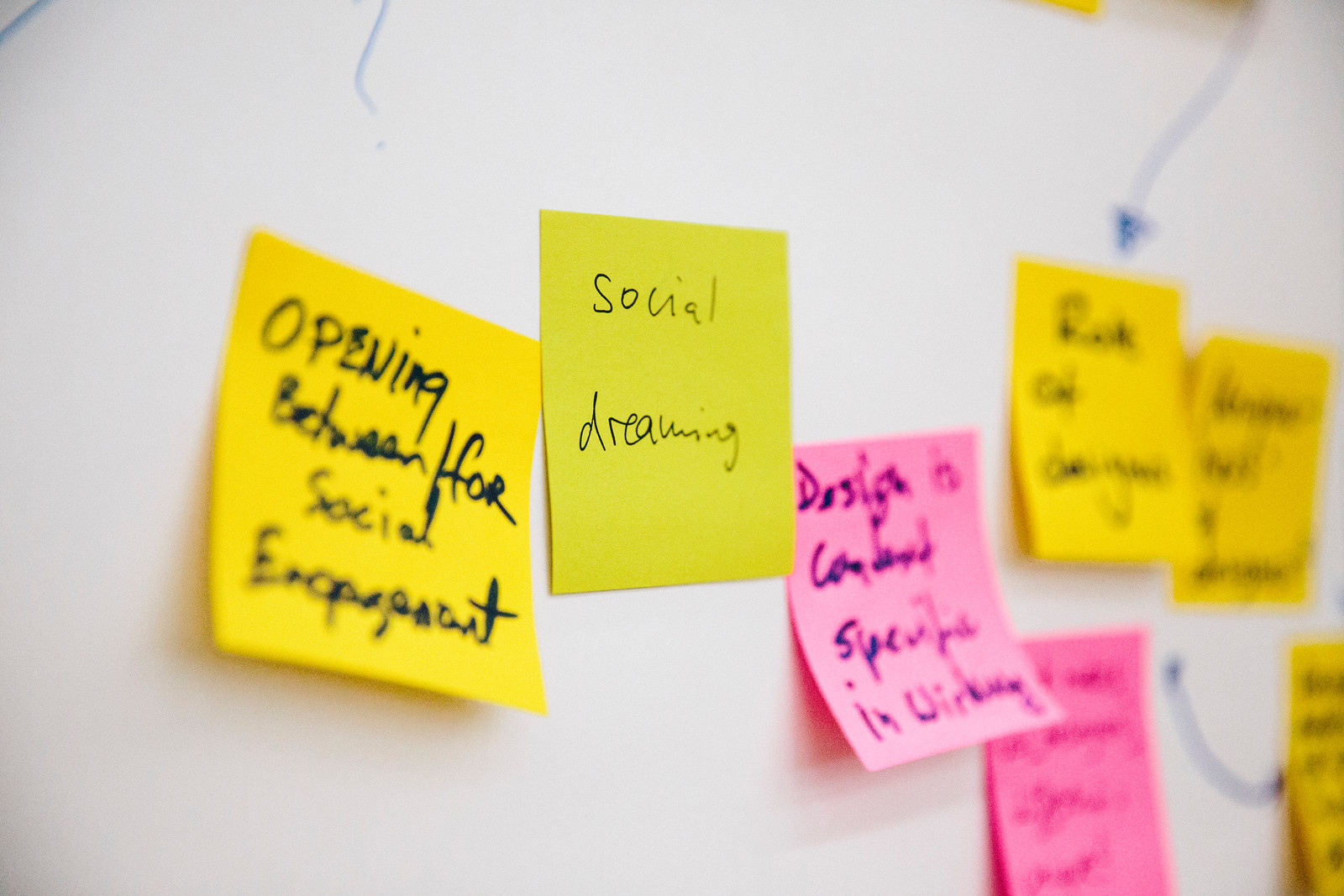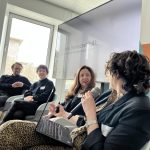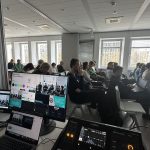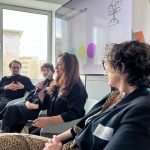On April 10, 2025, the Weizenbaum Institute and Wikimedia Deutschland e. V. organised a thought-provoking conference titled “Who Owns Free Knowledge?” This event brought together digital researchers and free knowledge practitioners to delve into the power hierarchies that exist within the realm of free knowledge today, while also imagining a more equitable future for the commons.
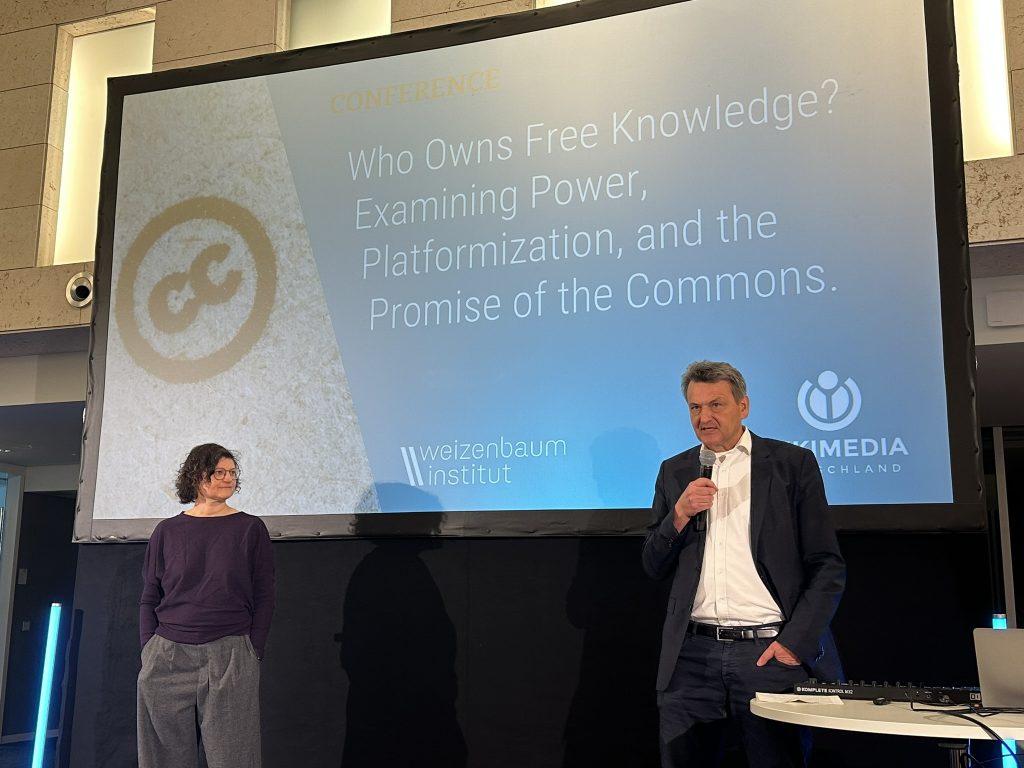
The conference, under the full title “Who Owns Free Knowledge? Examining Power, Platformization, and the Promise of the Commons,” offered a critical perspective on the Enlightenment’s influence on knowledge production. It examined how both historical legacies and contemporary technological advancements shape our understanding and access to information in today’s world.
Moderated by Bianca Herlo and Andreas Unteidig, the panel titled The Future of the Knowledge Commons featured insightful contributions from Renata Avila (Open Knowledge Foundation), Gemma Copeland (Common Knowledge), and Elizabeth Calderón Lüning (Democratic Society DemSoc). This engaging session critically evaluated the underlying power structures within the commons, free knowledge, and open-access movements.
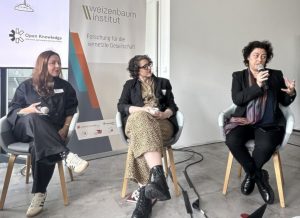
Despite the rhetoric of openness and inclusivity, the panelists highlighted the persistent hidden hierarchies related to geography, gender, and privilege that continue to influence knowledge production, distribution, and accessibility. The diverse backgrounds of the panellists, spanning commons research, open-source advocacy, feminist technoscience, and digital entrepreneurship, allowed for a rich discussion on pressing issues such as the Gender Data Gap, gatekeeping in open-access platforms, and the necessity for developing new epistemologies and literacies to tackle these challenges.
For more insights and details on other sessions from the conference, you can read the full report by Weizenbaum Institute here.
Image courtesy: Weizenbaum Institute.
